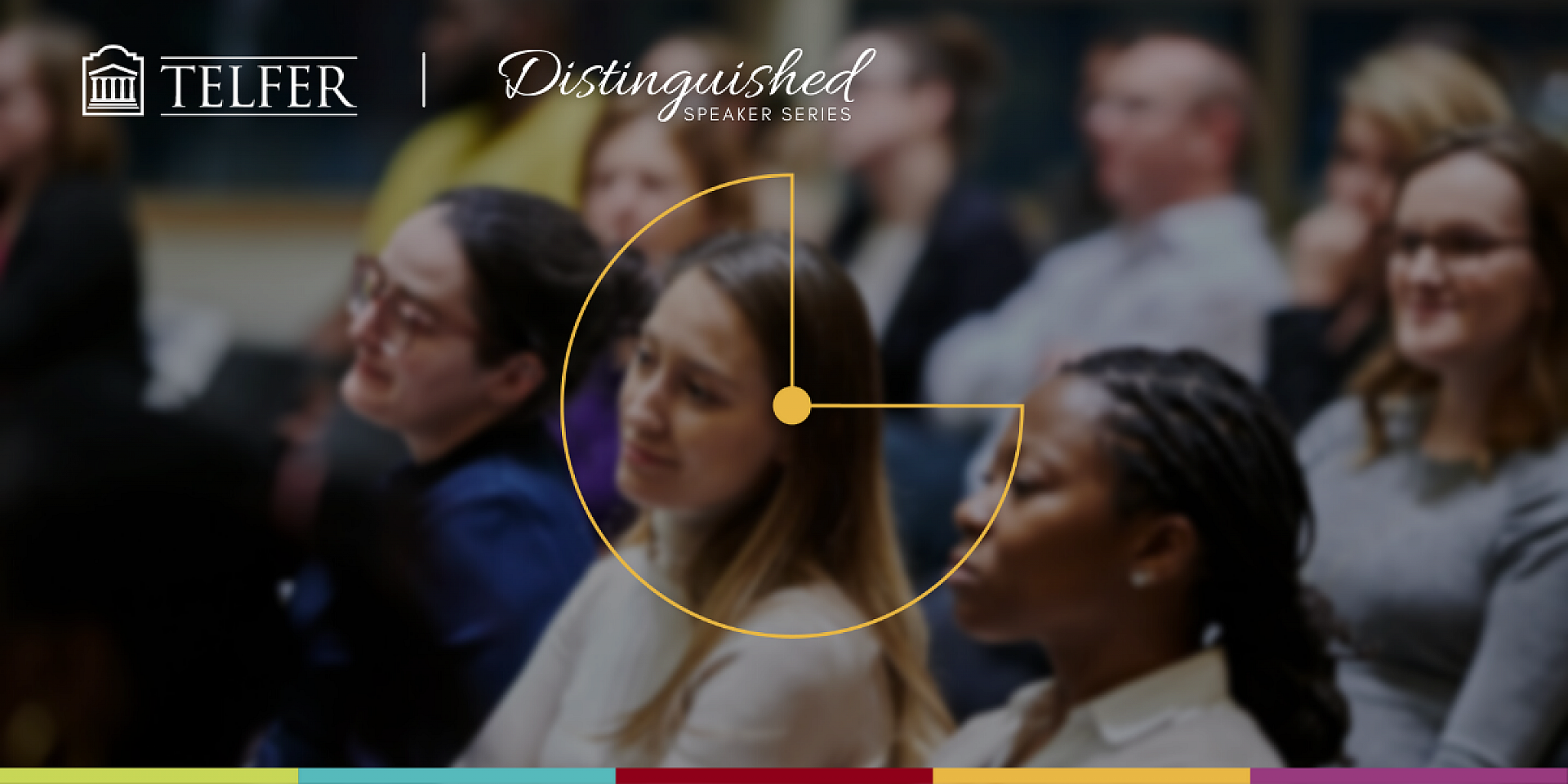Obstacles or Opportunities? Workforce Development in a Turbulent World

by Jane O'Reilly, Yanhong Li & Daniel J. Quintal-Curcic
The world of work is experiencing considerable turbulence. Unavoidable macro forces, such as COVID-19's toll on financial markets, Canada’s aging workforce and management challenges during the pandemic are exerting pressure on organizations and changing work expectations. While change can be daunting, it ultimately offers an opportunity to grow, creating healthier organizational practices and happier employees.
Recently, the Telfer School of Management hosted Dr. Ruth Kanfer, a world-leading expert on work motivation and workforce management from the Georgia Institute of Technology, to speak as part of the annual Distinguished Speaker Series on Thriving Organizations and Societies.
Kanfer reflected on her over 30 years of studying work motivation and how organizations can adapt to change in the post-pandemic era, which led to the following takeaways:
Shifting from a job design model to a workplace design model can increase competitiveness
Creating value for organizations starts with recognition of employees as life-long learners who continue to develop skills, interests and goals, and the adaption of jobs so that they grow as employees. This workplace design model can sustain organizations’ competitiveness and ability to adapt to market changes. In contrast, a job design model may prevent organizations from learning from their workforce.
Embracing the notion of nonlinear careers helps retain talent
The modern day workforce is highly educated, and potential employees wish to continue to learn and grow. Thus, younger generations’ career trajectories resemble the branches of a tree rather than a straight line. Creating programs that appeal to this desire, such as sabbaticals, special projects and opportunities to mentor junior colleagues, can help retain top talent while nurturing and diversifying employee skillset.
Viewing ongoing training as a long-term investment contributes to a firm’s success
Organizations need to consider training as an essential long-term investment to foster sustainable careers. Rather than offering “one-and-done” training, organizations must continually reflect and adjust training to fit employees’ ever-changing needs and motives. Since few careers are linear, training should open the door to new career paths within the organization.
The secret of thriving organizations
The future of workforce management requires organizations to accept the fundamental nature of employees as ever evolving and to adopt more nimble organizational practices that accommodate this dynamism.
For Kanfer, while change can be difficult, adapting to the challenges of the 21st century will require some creative thinking and problem solving. Organizations that can assess challenges and act accordingly will not only gain a competitive advantage, but also put the conditions in place to help their employees thrive.
About the Distinguished Speakers Series on Thriving Organizations and Societies
This annual lecture series provides an opportunity for students, professors, practitioners and members of the community to learn from world-renowned researchers sharing ideas on topics related to building meaningful organizations and thriving societies.
The workforce has been changing and so has the nature of work. As the Thriving Organizations and Societies research group at Telfer examines the impact of these changes on our workforce, organizations and society, it also seeks a better understanding of thriving, that is, greater well-being and performance. Research conducted on this multidisciplinary and timely topic by the group will look beyond productivity and financial performance to the conditions that encourage or hinder thriving environments.
About the Authors
 Jane O’Reilly, Associate Professor and Telfer Fellow in Workplace Well-being
Jane O’Reilly, Associate Professor and Telfer Fellow in Workplace Well-being
Professor O'Reilly’s research examines informal workplace interactions and relationships. Her main research areas are mistreatment and social sexual behaviours in organizations. Her work on third-party mistreatment focuses on how bystanders can help (and sometimes harm) targets of workplace bullying and harassment. She also studies workplace social exclusion as a form of mistreatment, and the ways it can be detrimental to employee well-being. Her research program seeks to understand when social sexual behaviour in the workplace becomes harassment.
 Yanhong Li, PhD in Management candidate
Yanhong Li, PhD in Management candidate
Li’s research focuses on courage in the workplace, the work-family interface and employee well-being. Her master’s thesis, supervised by Professor Laurent Lapierre, focuses on factors that contribute to individuals’ work-family enrichment using meta-analyses. Li is currently working on several projects to identify problems related to, raise awareness of, and advocate for equity, diversity, inclusion and employee well-being.
 Daniel J. Quintal-Curcic, PhD in Management candidate
Daniel J. Quintal-Curcic, PhD in Management candidate
Quintal-Cucic's research interests include mental health, intersectionality, leadership and prejudice in the workplace. He is pursuing his doctorate under the supervision of Professor Laurent Lapierre. Recently, Quintal-Cucic's placed as a top 25 finalist in the 2022 Social Sciences and Humanities Research Council (SSHRC) Storytellers Challenge.